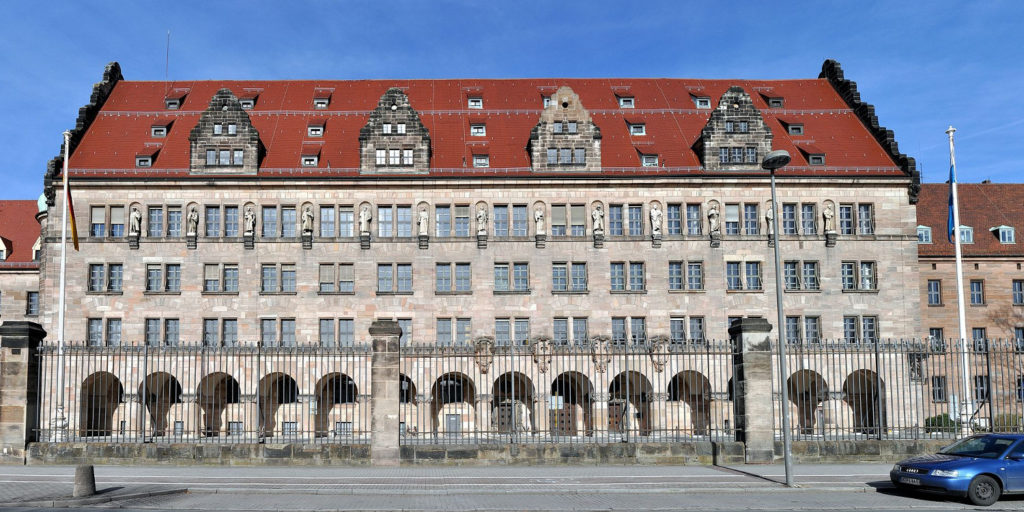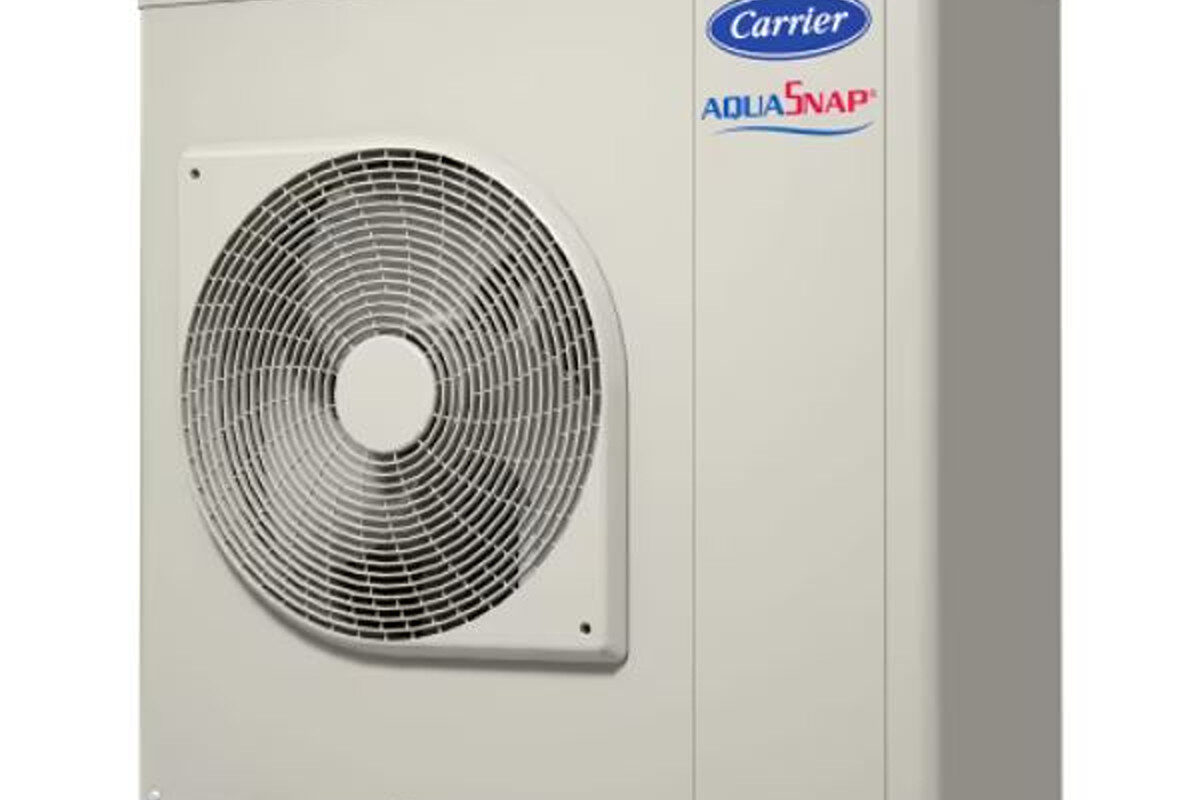pv magazine: The actions of the customs investigation offices and public prosecutor’s offices in recent weeks and months give the impression that this is only the beginning, and that the investigation now no longer refers only to German units of Chinese photovoltaic manufacturers, but also increasingly to their customers. How do you assess the current situation from a legal perspective?
Alexander Rumpf: You are right, the customs investigation offices – in particular Munich/Nuremberg and Essen/Münster – have significantly expanded criminal procedural measures in recent months. After two arrests in the summer of 2016, there were further arrests of three employees of a Nuremberg solar company in the fall of 2017. More arrests followed in February 2018 and recently in April 2018, the police took three more people in Stuttgart, Hamburg and Bremen. The reason that these measures are taking place now is relatively simple: investigation efforts have been very high in these cases, and many thousands of phone calls have been tapped over many months. It took a lot of time to evaluate these, especially as the customs investigation offices have only very limited human resources available. Now, apparently, investigation results are being achieved.
At the heart of the problem are Chinese solar modules, which are often imported into the EU via German branches by major Chinese photovoltaic manufacturers and sold here under the applicable minimum import prices. Does that mean that only companies with a Chinese background are in danger of being included in the investigation?
No, that’s not the case. The German branches of Chinese-based companies are closest to import and customs clearance, which is why the investigative authorities came into action. However, the recent searches of German customers of these companies show that the investigating authorities are now ready to take a closer look at the behavior of these customers.
What could be the charge against these customers?
The charge will usually be tax evasion according to article 374 of the German Tax Code (AO). Many customers believe that purchasing a module means having complied with custom duties, and thus that they are on the safe side. In principle, this is a good idea, because this procedure protects against accusations of involvement in the punishable import. However, it does not fully protect against criminal entanglements and is, therefore, a highly dangerous position. Even the slightest indication that the purchaser knew that the purchased modules were introduced into the EU, bypassing the anti-dumping tariffs, could make this perceived safe position fall. He will then be accused of tax evasion under the aforementioned article 374 AO. The law provides for up to five years imprisonment in such cases. If the perpetrator acts in a professional capacity – which will always be the case with the companies we are talking about here – the sentence could even be up to ten years imprisonment.
What could show circumvention of customs duties, and how should the customer know whether the importer has properly or incorrectly cleared the goods?
The classic tool is the purchase price. If a company buys Chinese modules at a price below the minimum import price, that may already be enough. However, I also know of cases where emails or phone tracking logs indicate that the customer knew about the Chinese origin and circumvention of the anti-dumping guidelines, and the Delivered Duty Paid (DDP) purchase was merely a fig leaf.
What can affected companies do to protect themselves?
Under the current circumstances, every company in the industry is advised to take a critical look at their own past and to examine purchasing practices in the years since the imposition of anti-dumping duties. The allegations made by the investigating authorities usually relate to events several years in the past, that are no longer current for those companies that conduct their day-to-day business. So, it’s about checking how you’ve worked in the past few years. Often, customers are not in a position to be able to conclusively assess whether their own behavior was completely correct or wrong in terms of customs or criminal law. However, many people still feel disturbed when they think back on their projects. Then, you should definitely contact a lawyer.
What is the way to go?
If the lawyer considers a case to be a criminal or customs issue, he will work with the company to find a viable option. This can be, for example, to clear out the facts to customs or the prosecutor. The investigating authorities reward this, and it will be much easier to find a good way for the company, rather than the investigating authorities driving up with blue lights flashing and seizing all the documents and computers. This regularly paralyzes companies for days or even weeks. In addition, the media attention of such measures brings reputational damage and leads to the disruption of business relationships, because partners often distance themselves from companies which are in the focus of the investigation, in order not to be drawn to the spotlight themselves.
The case, which was heard by the Nuremberg Regional Court in the fall of 2017, was the first criminal case of its kind in Germany, which ended with a verdict. Have the investigating authorities learned from this process and incorporated these findings into the new procedures?
This is basically the same with law enforcement agencies as it is with lawyers – you learn from every procedure and you benefit from it in similar cases. In Nuremberg, however, it is true that the current procedure had been conducted for a long time before the other procedure was completed. The investigations ran in parallel for a long time.
In their statements on the cases that have become known so far, the public prosecutor’s offices regularly talk about double-digit toll evasion. Are the companies now facing additional payments in this amount and potentially also the imprisoned defendants?
We have to separate some things from each other here. It is correct that evaded or unduly paid customs duties must always be paid retroactively. Such a debt is at the time of searches or arrest warrants – that is, when the prosecutor office publishes its press releases – far from established, but it is only a suspicion. I sometimes find the press releases inappropriate and characterized by a kind of “superlativism”. The investigative authorities are apparently also under the pressure to produce more and more and larger procedures. This usually does not have much to do with the reality established at the end of a procedure. At the beginning of the first trial, for example, hundreds of criminal cases and evaded customs duties of more than 50 million euros were mentioned. The indictment then had fewer than 40 cases of less than 10 million euros, leaving three cases totaling around 1 million euros in the judgment. The published figures should therefore be treated with great caution. But if a criminal court finds a punishable customs evasion in the tens of millions, the parties prosecuted actually face long prison sentences. The imprisonment is up to ten years.
Is it true that the main suspect in this case has not been caught yet?
All I can say is that, to the best of my knowledge, the procedure is not yet complete. To call someone the ‘main suspect’ would be wrong.
This content is protected by copyright and may not be reused. If you want to cooperate with us and would like to reuse some of our content, please contact: editors@pv-magazine.com.




By submitting this form you agree to pv magazine using your data for the purposes of publishing your comment.
Your personal data will only be disclosed or otherwise transmitted to third parties for the purposes of spam filtering or if this is necessary for technical maintenance of the website. Any other transfer to third parties will not take place unless this is justified on the basis of applicable data protection regulations or if pv magazine is legally obliged to do so.
You may revoke this consent at any time with effect for the future, in which case your personal data will be deleted immediately. Otherwise, your data will be deleted if pv magazine has processed your request or the purpose of data storage is fulfilled.
Further information on data privacy can be found in our Data Protection Policy.